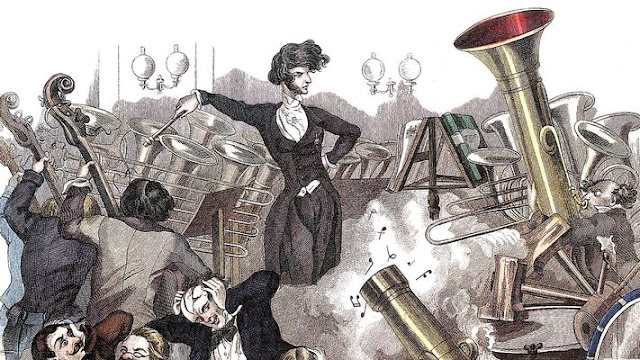The Czech Philharmonic plays Mahler's Resurrection Symphony.
by Paul J. Pelkonen
In New York City, Gustav Mahler's Symphony No. 2, popularly known as the "Resurrection Symphony", is a work that is played in troubled times. It was performed by the New York Philharmonic after September 11, and on that event's tenth anniversary. So it is appropriate, given the roiling political climate in the United States in recent days, that it was the choice of the Czech Philharmonic for Sunday's concert at Carnegie Hall.
by Paul J. Pelkonen
 |
| Semyon Bychkov in rapture. Photo by Chris Christodoulou. |
In New York City, Gustav Mahler's Symphony No. 2, popularly known as the "Resurrection Symphony", is a work that is played in troubled times. It was performed by the New York Philharmonic after September 11, and on that event's tenth anniversary. So it is appropriate, given the roiling political climate in the United States in recent days, that it was the choice of the Czech Philharmonic for Sunday's concert at Carnegie Hall.



























